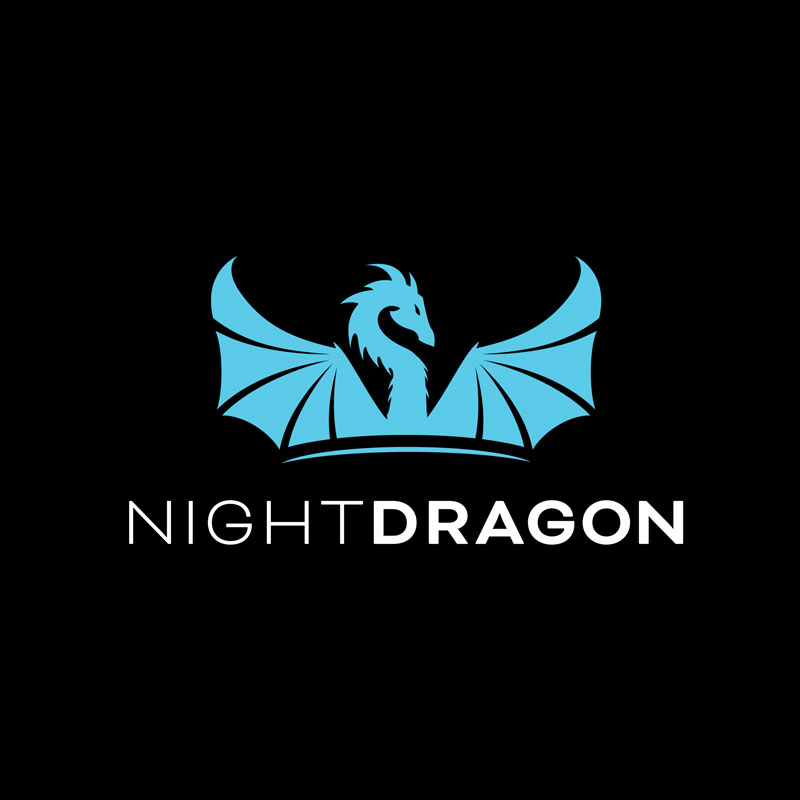Lessons from the World's Biggest Cybersecurity Startup CEOs

By Dave DeWalt, Founder and CEO, NightDragon
There are currently more than 3,500 cybersecurity companies working to mitigate cyber risk, but only a select group grow to a multi-billion valuation or take the steps toward an IPO. While all these companies share a common mission to mitigate cyber risk, reaching that high level of success requires a unique combination of technology, leadership and vision.
At the recent RSA Conference in San Francisco, I sat down with 11 of the top pre-IPO cybersecurity CEOs in partnership with Nasdaq to hear what made them so successful as leaders and technology innovators. After 17 years and 68 quarters of my own public CEO experience, I made every mistake, but also learned what worked and what didn’t, so it was an honor to interview these leaders and learn the keys to their success. Here’s the key things they had to say:
Focus on Mission
Mission sits at the core of success for many of the companies interviewed. HUMAN Security CEO Tamer Hassan, for instance, said the key to his success, and how the company expected to achieve its next chapter of growth, was to build a company based on mission and solving important problems. Nick Schneider, CEO of Arctic Wolf, agreed, saying that a mission-driven business is key to enabling a company to rally around a single cause and continue to push the envelope in terms of technology and customer service.
Win the Channel and Partnerships, Win the Market
No matter the technology, having a strong go-to-market is often what sets winners in the market apart from the rest. The CEOs spoke about lessons learned from the field, including how they’ve successfully scaled go-to-market efforts and how the channel and strategic partnerships have set them up to win. Co-Founder Galina Antova spoke about how Claroty, for instance, partnered with large industrial control system vendors and with other large strategic partners to join it on its mission to secure the world’s infrastructure. She said now the company is on its “road to $1 billion” in revenue as a result of that and its other efforts.
Focus and intentionality on these strategies is key. One of the biggest mistakes Exabeam CEO Michael DeCesare said he sees companies make is trying to cover too many geographies and sizes of companies all at once, especially as the teams are working to scale. Being deliberate about how you leverage your sales teams and your go-to-market strategy is key to achieving growth, he said. Exabeam was most recently valued at $2.4 billion.
Success Starts with Strong Team and Talent
Without the right individuals at the company, success isn’t possible, the leaders said. Sonatype CEO Wayne Jackson has built multiple successful multi-billion-dollar companies. He said the key to success is surrounding yourself with people smarter than yourself and with creative minds that have a real interest in solving problems that people care about. He credits his success again and again to this dynamic, both in the co-founders he’s worked with and in the broader team added after you begin to grow.
Customer Success Drives Company Success
Vectra AI CEO Hitesh Sheth said an intense focus on the customer will make a company successful, regardless of its bigger go-to-market strategy. That focus on the customer should include understanding the challenge that the customer faces, investing in building a relationship with them, and having genuine empathy. “Companies and teams that do a good job with that will ultimately win in the long term,” he said.
Lay the Foundation with Strong Technology
Wiz Co-Founder Yinon Costica said one of the first important steps to achieve long-term, fast-paced growth is to “really nail the product in the sense that the product is simple.” This allows for customers from SMB to Fortune 100 to adopt the product, he said. Armis CEO Yevgeny Dibrov said similar, saying that the company focused on building product that solved big customer problems. For Armis, most recently valued at $3.4 billion, that meant providing visibility and control over IoT, OT, and other connected assets.
Technology is also not static. Companies must adapt how they apply their technology to the world around them as needs shift, said Dataminr CEO Ted Bailey. Dataminr, last valued at $4.1 billion, for instance recently expanded from the government and physical security space to the cybersecurity world. “I look forward to this logo being a bigger part of our world in the future” as a result, he said. Abnormal Security CEO Evan Reiser, whose company was also recently valued at more than $4 billion, agreed, saying that the company knows it can’t rest on its success and must continue to innovate in its core capabilities and branch into new areas as attackers adapt their methods.
Win the Government, Win the Market
Optiv CEO Kevin Lynch spoke of the criticality of serving government customers towards the company’s overall growth and strength of portfolio. The company recently launched a federal business solely focused on delivering U.S. cybersecurity and resilience, including its recent acquisition of ClearShark, which more than doubled its federal market presence. “I see the need for public-private partnerships more than I’ve ever seen it in the entire world,” he said.
The views and opinions expressed herein are the views and opinions of the author and do not necessarily reflect those of Nasdaq, Inc.
